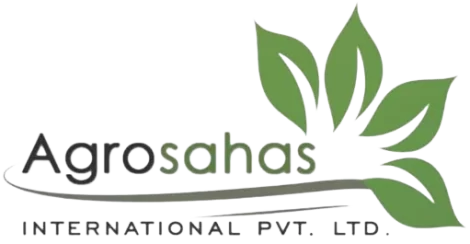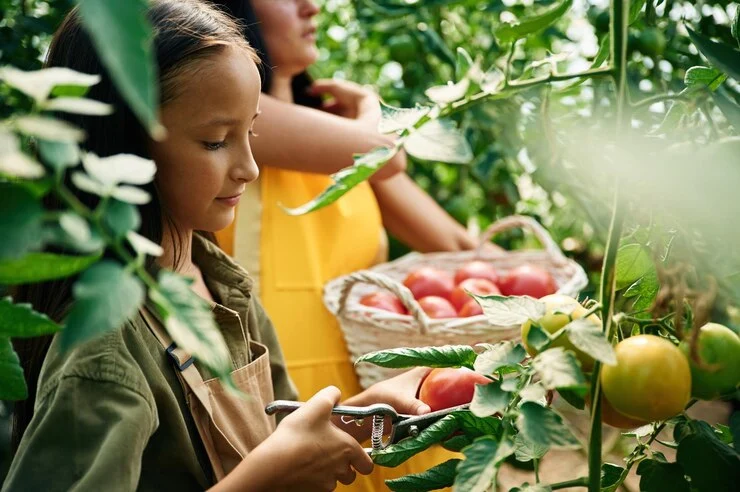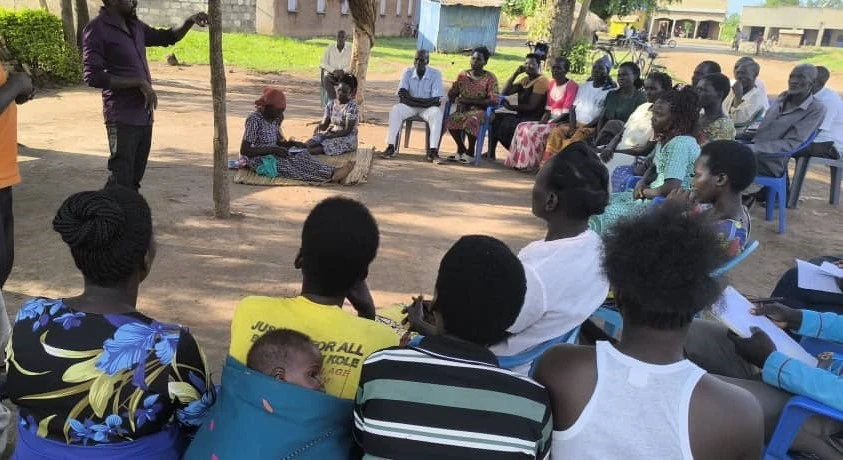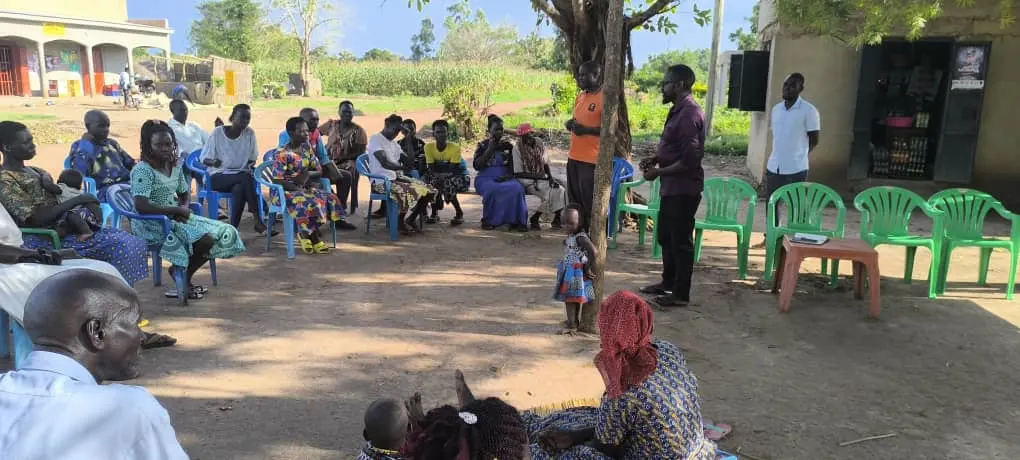Agriculture and nutrition are intrinsically linked, with the health of communities depending largely on the quality and diversity of food produced. Agrosahas International PVT LTD understands this critical connection and integrates nutrition-sensitive agriculture into its programs to ensure better health outcomes. This blog explores the concepts of nutrition-sensitive agriculture and how Agrosahas leverages these principles to enhance both food production and community well-being.
Understanding Nutrition-Sensitive Agriculture
Nutrition-sensitive agriculture refers to agricultural practices and policies designed to improve nutritional outcomes. This approach goes beyond mere food production, focusing on the quality, diversity, and accessibility of foods that are essential for a balanced diet. Key components include:
- Diverse Crop Production: Encouraging the cultivation of a variety of crops to ensure dietary diversity.
- Nutrient-Rich Foods: Promoting the growth of crops that are high in essential vitamins and minerals.
- Food Accessibility: Ensuring that nutritious foods are available and affordable for all community members.
How Food Production Affects Health and Nutrition
Food production has a direct impact on health and nutrition in several ways:
- Nutrient Availability: The types of crops grown determine the availability of essential nutrients in the diet. A diverse range of crops can provide a balanced array of nutrients.
- Food Security: Consistent and reliable food production helps to ensure food security, reducing the risk of malnutrition and hunger.
- Economic Stability: Agricultural activities that generate income can improve the purchasing power of households, allowing them to buy a variety of foods necessary for a balanced diet.

Agrosahas’ Approach to Nutrition-Sensitive Agriculture
Agrosahas integrates nutrition considerations into its agriculture programs through several innovative strategies:
- Diverse Crop Cultivation We encourage farmers to grow a variety of crops, including fruits, vegetables, legumes, and grains. This diversity ensures that communities have access to a wide range of nutrients necessary for good health.
- Training and Education Agrosahas conducts training sessions to educate farmers about the importance of nutrition and how to cultivate nutrient-rich crops. These programs also cover post-harvest handling to preserve the nutritional quality of food.
- Home Gardens We support the establishment of home gardens, which provide households with a steady supply of fresh, nutritious foods. These gardens are particularly beneficial in enhancing the dietary intake of vulnerable groups such as children and pregnant women.
- Food Fortification Where possible, Agrosahas promotes the fortification of staple foods with essential vitamins and minerals. This practice helps to address specific nutritional deficiencies within communities.
- Market Linkages By connecting farmers to markets, Agrosahas helps them sell their produce at fair prices, thereby increasing their income and ability to purchase a variety of nutritious foods.
Benefits of Nutrition-Sensitive Interventions
Implementing nutrition-sensitive agriculture has numerous benefits:
- Improved Health Outcomes: Better access to nutritious foods leads to improved health and reduced incidence of malnutrition-related diseases.
- Economic Empowerment: Increased income from diverse crops can enhance the economic stability of farming households.
- Enhanced Food Security: Diversified food production ensures a stable food supply, reducing the risk of food shortages.
- Community Resilience: Nutrition-sensitive practices contribute to the overall resilience of communities, enabling them to better cope with economic and environmental challenges.
What is Sensitivity in Agriculture?
Sensitivity in agriculture refers to the responsiveness of agricultural practices to the nutritional needs of a population. This involves adapting farming techniques and crop selections to ensure that the food produced meets the dietary requirements of the community. It also includes considering the environmental impact of agricultural activities to promote sustainability and long-term food security.
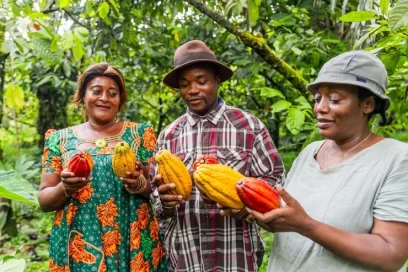
Agrosahas’ Success Stories
- Improved Child Nutrition in Northern Uganda In Northern Uganda, Agrosahas introduced a program focused on cultivating nutrient-rich crops such as sweet potatoes and beans. Training sessions were held to educate mothers on preparing nutritious meals for their children. As a result, there was a significant reduction in child malnutrition rates in the region.
- Home Gardens in Rural Communities Agrosahas helped establish home gardens in rural communities, providing seeds and training on sustainable gardening practices. These gardens have become a vital source of fresh vegetables and fruits, significantly improving the dietary diversity of households.
- Market Access for Nutrient-Dense Crops By connecting farmers growing nutrient-dense crops to local markets, Agrosahas has enabled them to earn higher incomes. This financial stability has allowed families to afford a wider variety of foods, contributing to better overall nutrition.
Conclusion
Nutrition-sensitive agriculture is essential for linking food production with health outcomes. Agrosahas International PVT LTD is committed to integrating nutritional considerations into its agricultural programs, ensuring that communities not only have enough food but also the right kinds of food for a balanced and healthy diet. Through diverse crop cultivation, education, and market linkages, Agrosahas is making a significant impact on the nutritional well-being of the communities it serves.
By prioritizing nutrition-sensitive agriculture, Agrosahas continues to play a crucial role in improving health outcomes, enhancing food security, and fostering economic empowerment in rural areas.
